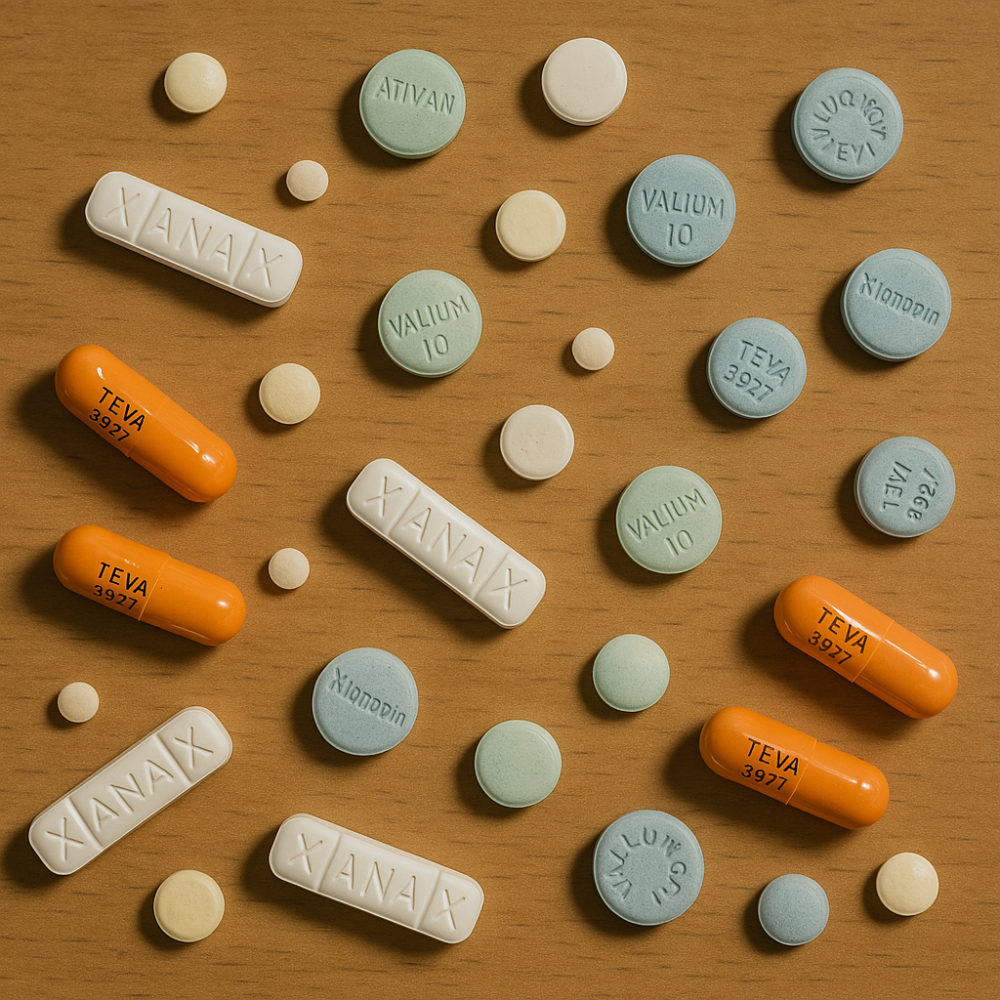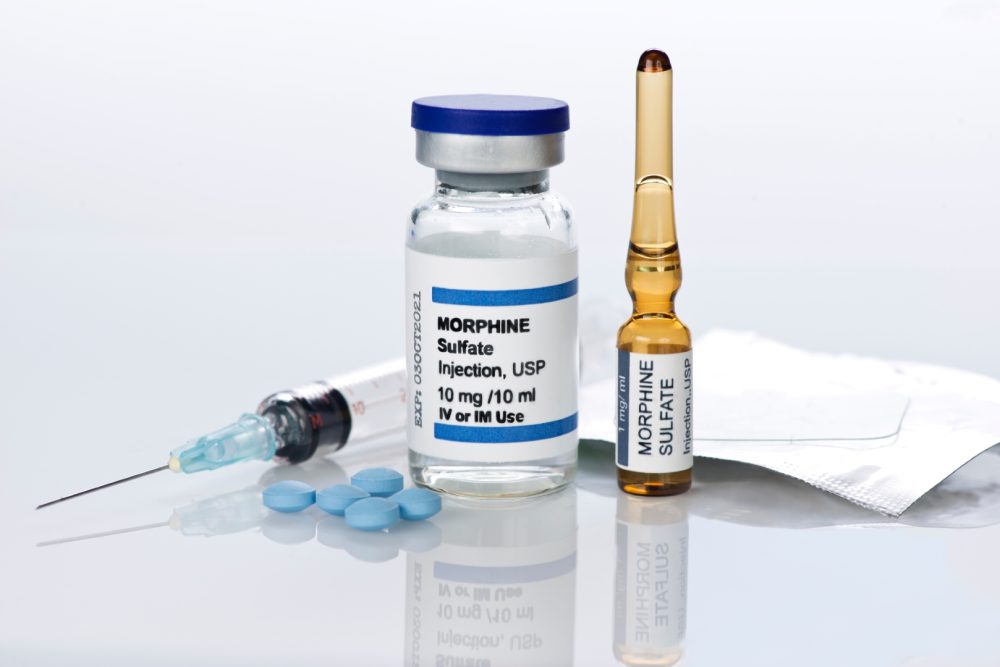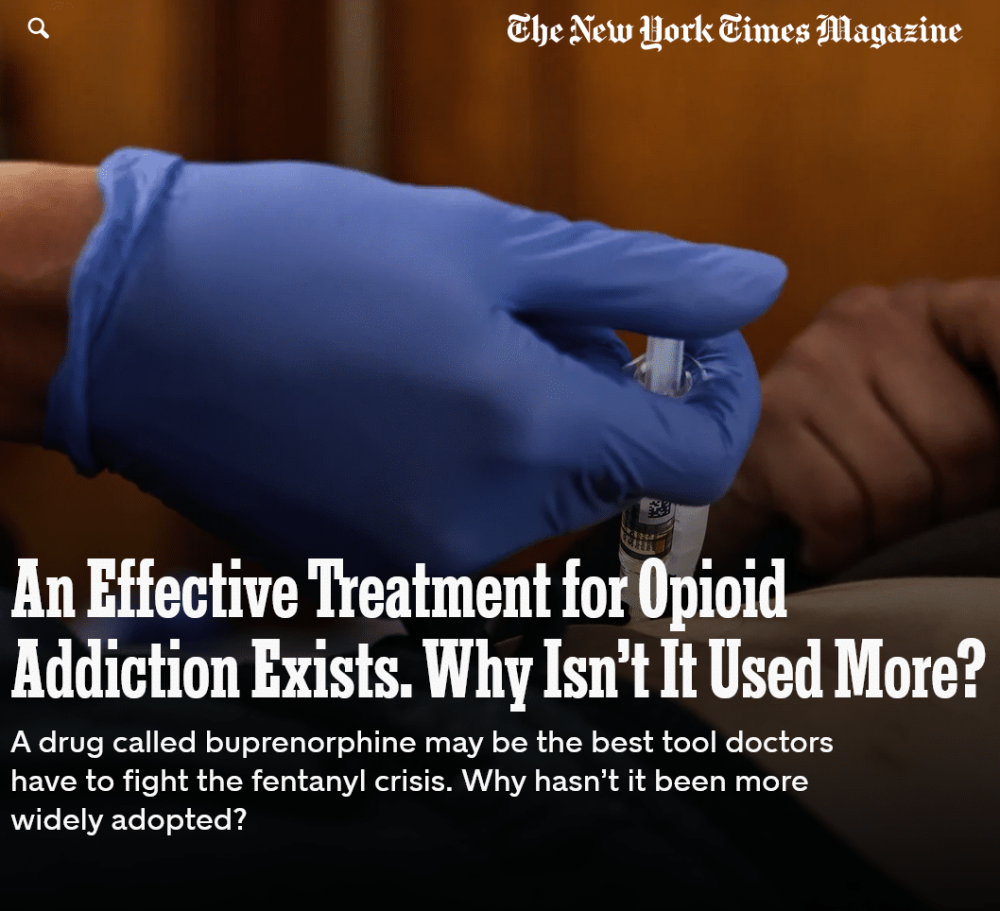D-lysergic acid diethylamide, or LSD, is a very powerful hallucinogenic drug. It is a street drug that is sometimes given other titles such as acid, dots, mellow yellow, and windowpane. LSD is made from a type of compound known as lysergic acid, found in a fungus that grows on grains. So, is LSD addictive? Well while LSD is not typically considered to be addictive or to lead to compulsive use, it is still a highly dangerous drug that can lead to serious health side effects. Thus, in the United States, it is currently a Schedule 1 substance under the Controlled Substance Act; this means that it cannot be used in any circumstance, not even for medical treatment.
How Is LSD Used?
LSD is consumed orally. It is a colorless and odorless substance that may be consumed in a variety of ways. It can come saturated in a particular type of decorated paper known as blotter paper. These papers are then cut up into small squares, each square considered to be one dose. It may also come in tablet or liquid form as well as sugar cubes or capsules. A person who uses LSD will generally begin to feel the effects of the drug around 30 minutes after ingesting it. LSD is known for causing a prolonged high. Depending on how much of the drug is taken, the user could continue to feel its effects for as long as 12 hours.
How Does LSD Affect the Mind?
LSD connects to brain cell receptors and changes how the brain responds to serotonin. Serotonin is the chemical in the brain that regulates things like moods, emotions, and perceptions. LSD is a hallucinogenic drug, meaning a user will commonly hear, see, or feel things that are not there. They will have extreme mood changes and may also have a distorted perception of time, the size of objects around them, colors, movements, and even their own body language. During this time, they will likely be unable to make proper judgments, thus putting themselves at a heightened risk of injury. Some people will experience a bad “trip” and may feel anxious or depressed after use.
LSD can lead to long-term mental health changes. Some people will experience flashbacks from when they used the drug, and these flashbacks can occur even years after use. Those who take heavy doses of LSD or take LSD frequently might develop a condition known as hallucinogen persisting perception disorder or HPPD. This condition is similar to flashbacks because it can occur a long time after use, but these flashbacks are entirely visual. An individual experiencing HPPD might see blurry patterns, changes in perception, and bright circles. Someone who has HPPD can typically realize when they are having these episodes and know that what they are experiencing isn’t there. However, this condition can be very distressing and can even lead to anxiety.
How Does LSD Affect the Body, Is LSD Addictive?
Someone who is on LSD will typically experience heightened body temperature and an increase in their heart rate and blood pressure. They will often have dilated eyes, be sweating more than average, and have a loss of appetite. Some people will experience trouble sleeping, dry mouth, and in some cases, even tremors. These experiences may be heightened if an individual uses LSD along with alcohol or other types of drugs.
Is it Possible to Overdose on LSD?
Despite common misconceptions, it is possible to overdose on LSD, which is often referred to as a “bad trip.” While it is not common for an individual to die due to overdosing on LSD, they may experience severe side effects.
Someone who is overdosing on LSD may experience some of the following:
- Numbness in various body parts
- Paranoia
- Mood swings
- Anxiety
- Thoughts of suicide
While these symptoms typically go away in a day or so, sometimes they can persist indefinitely. Perhaps one of the most severe potential side effects LSD can yield is the onset of psychosis. Psychosis can even occur to an individual who previously had no mental health problems.
In some situations, an individual who has overdosed on LSD will need to be isolated to prevent any possible harm to others. They may also need to be placed under medical supervision to ensure that they do not do anything to hurt themselves.
After taking LSD, some people may also experience a type of serotonin imbalance. This serotonin imbalance is common in those that were already prescribed a psychiatric medication before using LSD. They might experience symptoms such as diarrhea, nausea, vomiting, restlessness, and agitation.
LSD is a powerful hallucinogenic drug that is illegal in the United States. This drug is known for its long high, which can last as long as 12 hours. It can cause a user to perceive sounds and objects that aren’t there. The individual will have a distorted view of movements, colors, and even their own body language. During this time, they will have a decreased ability to make sound judgments. Some people also experience flashbacks months and even years after ingesting LSD. Others may develop a condition known as HPPD, which causes a change in perception and visions; this can last indefinitely.
If you or someone you know is struggling with a substance use disorder, our team at Gallus Medical Detox Centers is here to help. We have helped countless patients take back their lives throughout treatment.


 Casey Wilson
Casey Wilson 

 Steve B
Steve B